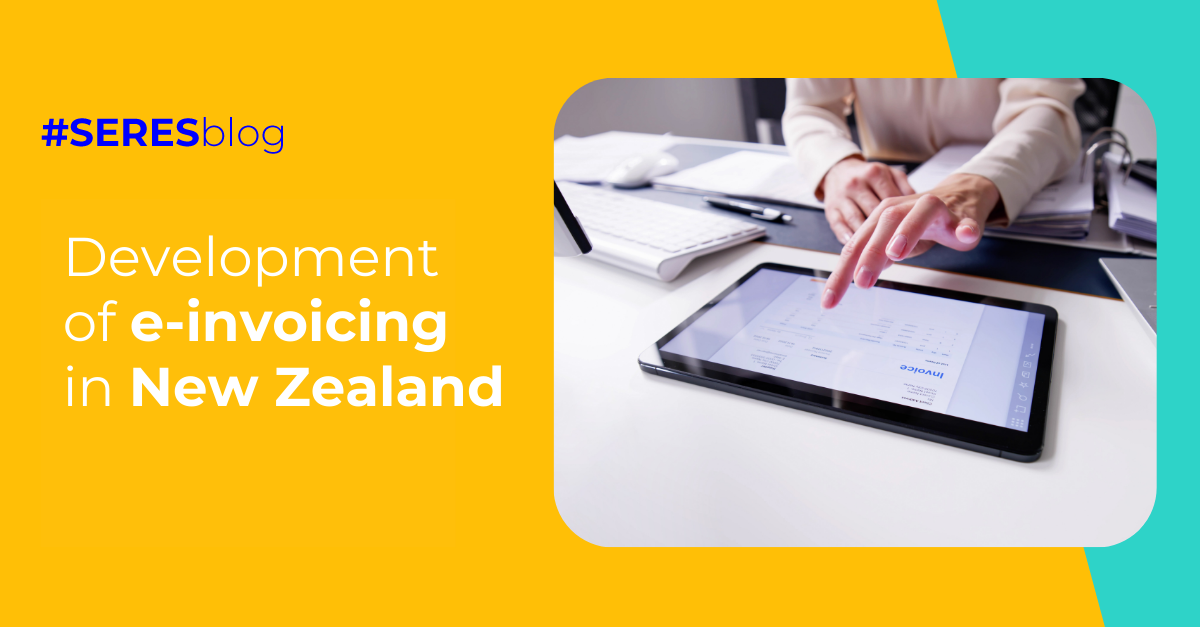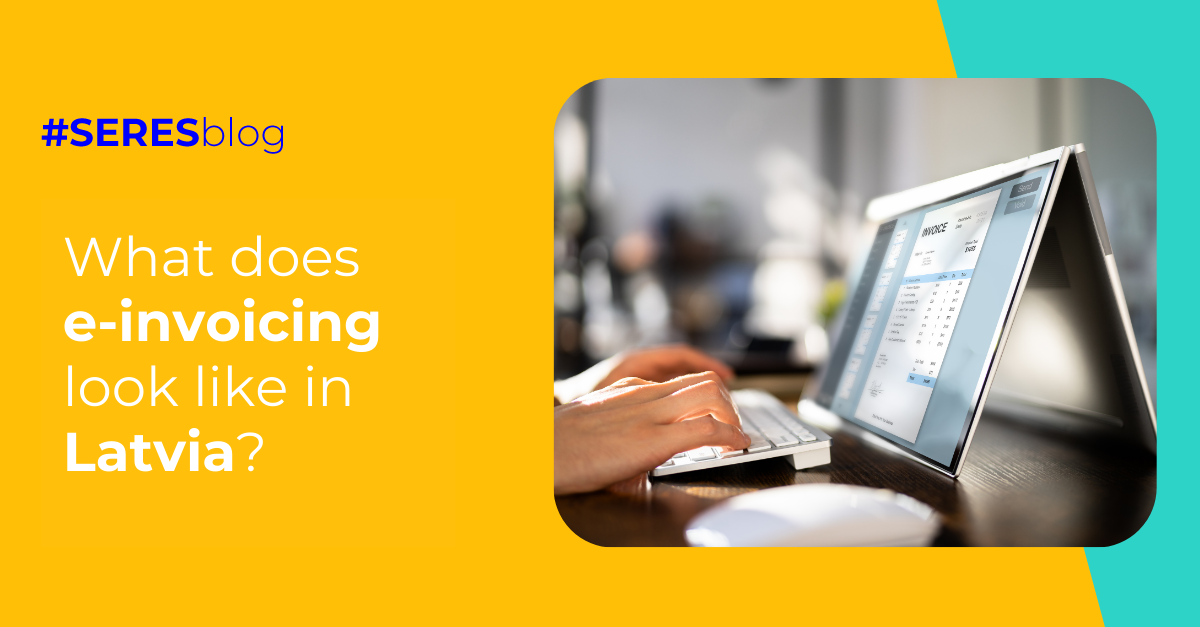How e-invoicing has developed in Cyprus
The history of B2G e-invoicing in Cyprus dates back to 2012, when the Council of Ministers approved a plan called the Digital Strategy for Cyprus, which focuses on promoting the use of ICT in public institutions to achieve a smart, sustainable and inclusive economy.
This strategy, whose development period runs from 2012 to 2020, had as a key point the adoption of e-invoicing. To this end, the government designated the Ministry of Finance and the Treasury of the Republic as the bodies responsible for implementing e-invoicing in the country.
B2G e-invoicing has been implemented in Cyprus
Following the implementation of the European Directive 2014/55/EU on e-invoicing, the Cypriot government started a project to develop a centralised web-based platform and PEPPOL standards.
The project, which involved both government agencies and the private sector, was completed in December 2017. Since then, the Ministry of Finance has started to promote the massification of e-invoicing in Cyprus.
When did the B2G e-invoice come into force in Cyprus?
Thanks to this project, the obligation to receive and process electronic invoices has been established. Initially in April 2019 for central government entities and then in 2020 for the rest of the public contracting entities.
Currently, economic operators submit e-invoices on a voluntary basis through the PEPPOL e-invoicing access point and the Government of Cyprus portal.
From 1 January 2022, B2G e-invoicing will be mandatory in Cyprus, meaning that all suppliers to the public administration will have to use e-invoicing for their transactions with the government.
However, it is not currently mandatory for these entities to send e-invoices to their suppliers or for business-to-business (B2B) transactions. For B2B transactions, bilateral agreements between business partners are required.
Features of B2G electronic invoice
The electronic invoice in Cyprus has a number of characteristics and basic elements that must be common to all invoices.
The format must be CIUS - PEPPOL Billing 3.0. This is a basic specification for the use of invoices and an extension of the UBL standard.
E-invoices must be stored for a period of 8 years so that they can be accessed by the tax authorities if necessary. Businesses must ensure that invoices are stored in a secure and reliable system to comply with the regulation.
Common data on e-invoicing in Cyprus
- Date of issue to ensure that e-invoices are identifiable as coming from the issuer. Conversely, if the date of issue does not coincide with the date of delivery, the e-invoice must act as a clarifying element.
- Numeric identifier. All e-invoices must have a sequential number used by the tax authority to identify and process e-invoices.
- Supplier VAT to ensure that the e-invoice comes from a registered supplier and to facilitate subsequent processing by the tax authority.
- Supplier and customer personal data (name, address or contact information) to help the tax authority ensure the legitimacy of e-invoices.


